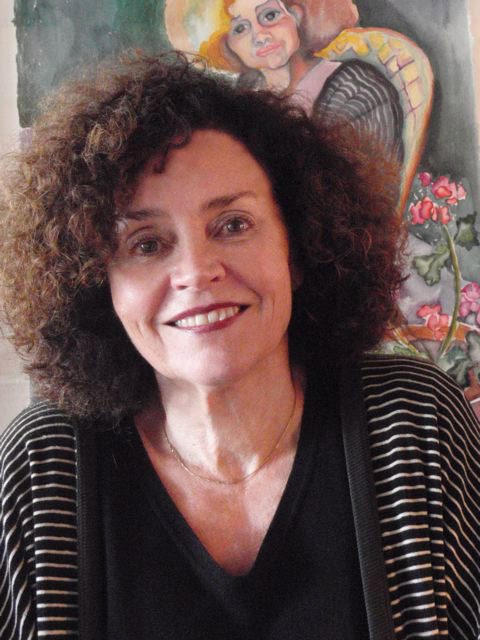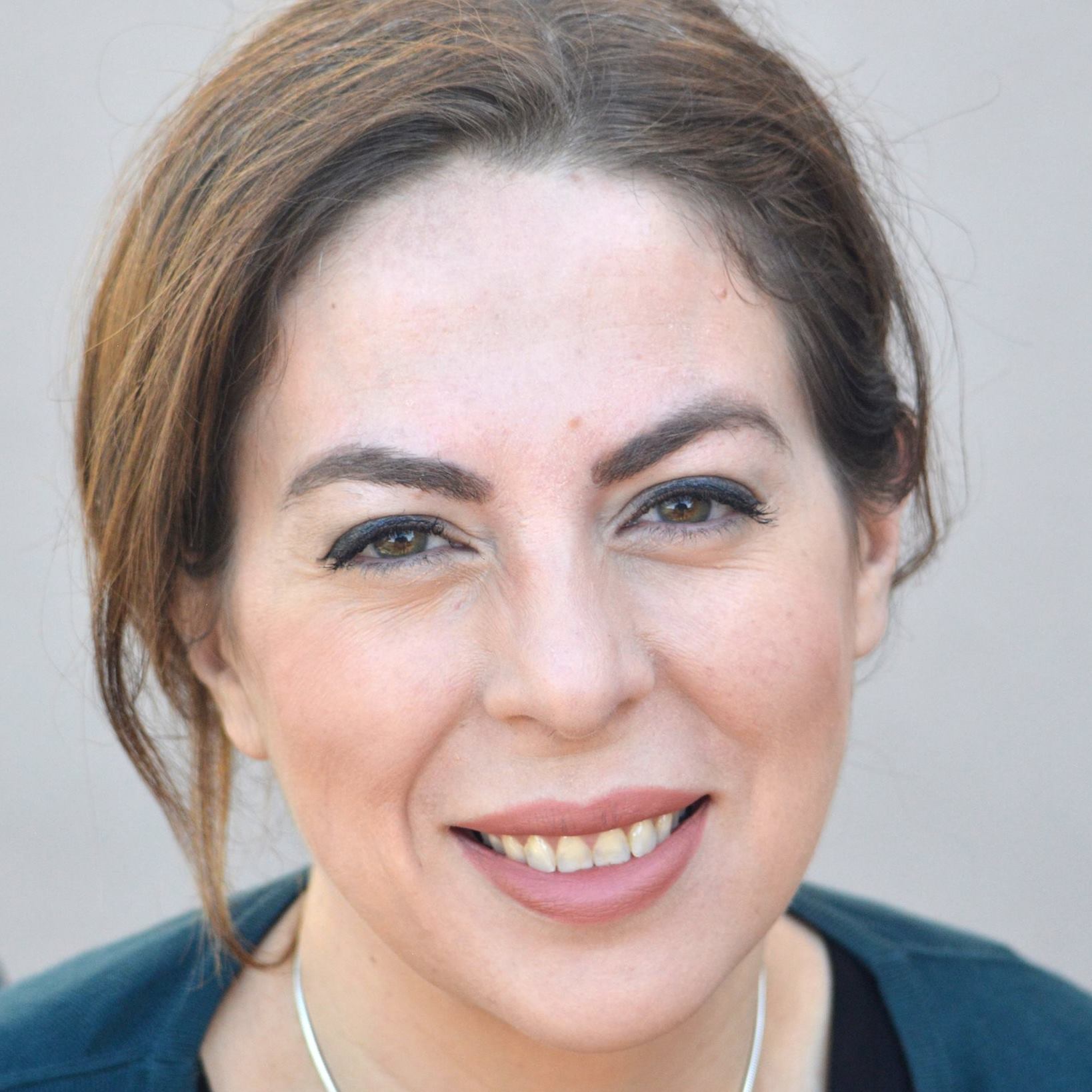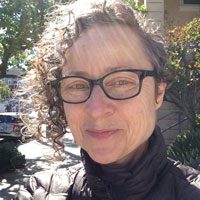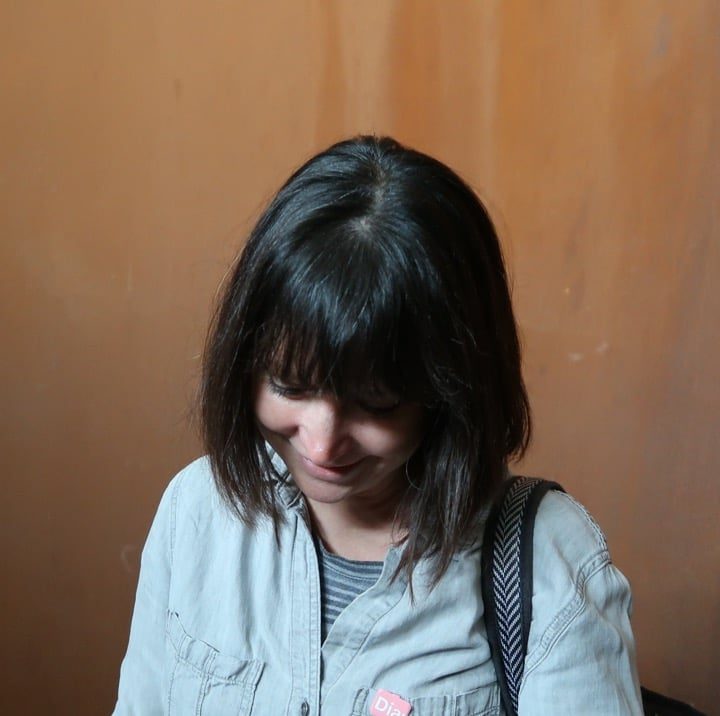“Nowhere is the spirit of what the program means to working writers more evident than at the annual alumni conference. I remember being stunned to learn that, upon graduation, alums gather and hold a residency, complete with classes, lectures, panels, readings, and yes, even the dance. Whereas most MFA programs send graduates into the world without so much as a walking stick, we get a yearly opportunity to revisit what made our MFA program amazing.” – Ross White
We’ve announced the dates, and here are the prices:FULL STAY, first meal Sunday July 21, last meal breakfast July 28: $792.00
Three squares in the general college dining room, private room in a suite sharing bathroom with three others, linens. Glass of wine, time and locale to be determined (we can’t have them in the general-population dining room). Facilities. Free parking on campus, although I’m told there’s free street parking closer to the dorm. Classes, panels, caucuses, readings like you can’t imagine. And oh yeah, a dance.
SHORT STAY, first meal dinner July 24, last meal breakfast July 28 $515.00
Ditto.
COMMUTER, lunch and dinner beginning dinner July 21 and ending dinner July 27: $372.00
Lunch, dinner, facilities, attendance at all classes, readings, dance, etc.
“The Conference will surprise you. But the only way to know that is to come. Each year is different, and that’s the beauty of the thing. A conference is not a residency without faculty and it’s not a reunion. It’s a small summer oasis filled with peers who will amaze and encourage you, with laughter, with as much or as little work as you’d like. But the very best part of the conferences is meeting Wallys who were in the program at different times over many years – creating a lovely confusion of dates and faces…So come. You’ll be happy. You’ll be surprised.” –Nancy Koerbel
We will have scholarships, but we won’t know how many or how much for each until we have until the fund’s next financial report in April. At that time we will open applications, and ask that you only apply if you’ll be unable to attend the conference otherwise, and that you not apply if you’ve received a scholarship for any of the last three conferences. We trust you at your word if you apply and literally draw names out of a hat. I even vary the hats, from year to year, when I’m involved. The scholarship application window may be relatively short this year (a short window?), so please watch the blog, the FB page, and the listserv on a frequent basis in the next month or so. Scholarships are awarded only for Full-stay, on-campus attendees. Once the scholarship recipients have been drawn, registration will be opened. Continue watching for that, too, as rooms could fill up.
“I die a little bit inside every year that I can’t go. I think I’ve been to [five or six] of them. Each time it is a revelation, a tremendous gift of time to work and a community in which to celebrate that gift. It maintains the very best of the residencies at Warren Wilson and jettisons all the rest. It revitalizes and inspires every time. I can’t remember a single moment at an alumni conference when I did not feel like the luckiest person on the planet.” –Michael Jarmer
REGISTRATION IS NOT YET OPEN. DO NOT SEND ANY CHECKS! (You can see this is serious, as I have used up one of my 2019 exclamation points.) In fact, this year we may be taking only electronic payments after the infamous 2017 loss of checks in the Great Hole of the Nashua NH USPS Mail Processing Facility.
More soon, and always feel free to ask me any questions,
Peter KlankFiction ’85










